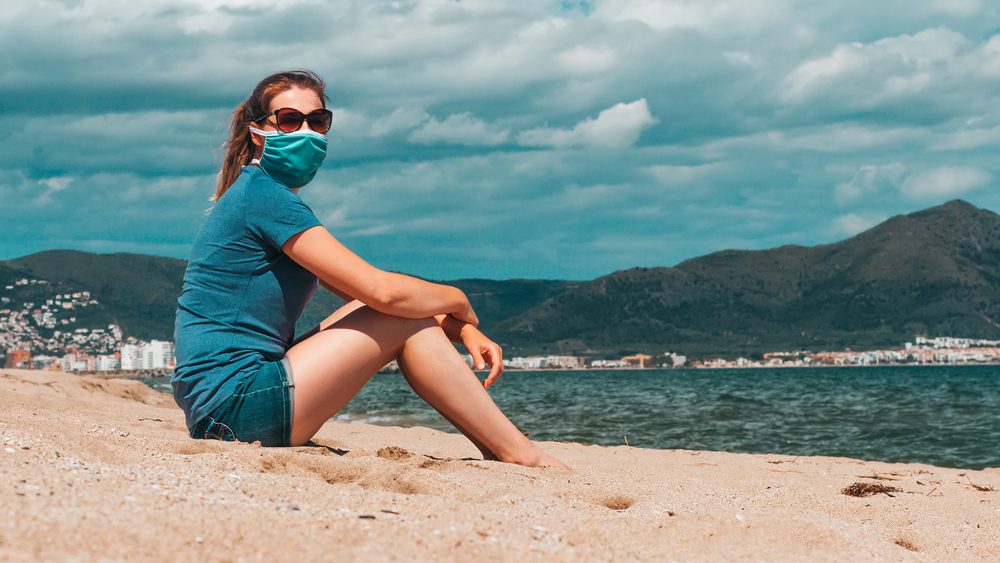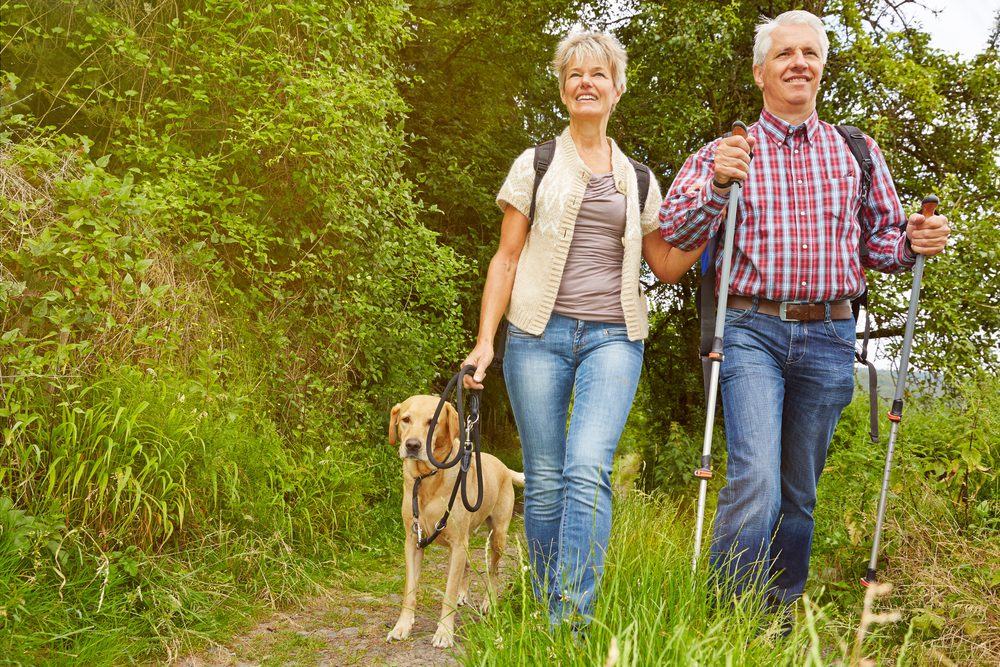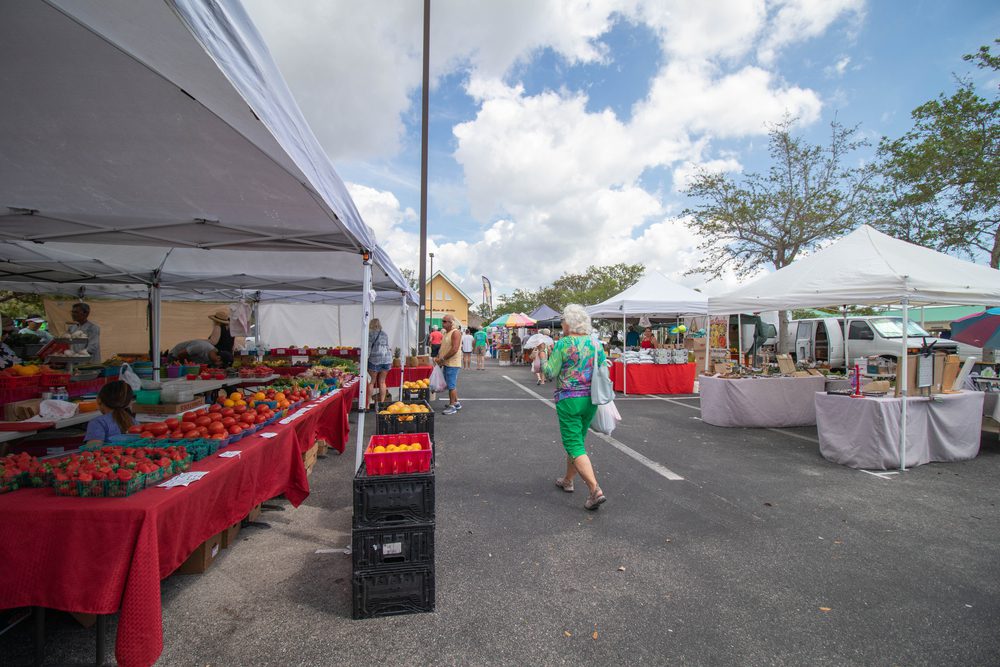
As states begin to relax lockdown measures and reopen businesses, many of us are eager to leave the house and experience the world all over again. But where exactly can you go to relax and be safe at the same time? “My definition of a safe place is one where the benefits outweigh the risks,” said Leann Poston, MD, of Invigor Medical. “The risk of infection is determined by the number of viral particles, so how concentrated the particles may be and how long I will be exposed.”
While no place is completely free of risks, there are certain venues that are relatively safe to visit, according to health experts, as long as you maintain proper social distancing and hygiene rules. Let’s find out what these are!
Drive-in theaters
According to Japan’s National Institute of Infectious Diseases, indoor environments are 18.7 times more likely to facilitate the spread of the novel coronavirus than outdoor areas. No wonder traditional movie theaters are still closed. They are indoors, designed for large numbers of people seated close to each other. But if you miss seeing a movie on a huge, cinema screen, you’re in luck! Drive-in theaters are the perfect entertainment venue for people looking to see a movie during the coronavirus era with a reduced risk of exposure to the virus. These old-fashioned theaters have been making a comeback during the coronavirus pandemic, providing group-gathering options that allow you to enjoy a movie while maintaining social distancing in separate cars.
“The benefits include seeing a good movie and socializing with a friend or family member,” Poston says. “The only risks should be if you go to a concession stand or the restroom, so plan ahead.”
Farmers’ markets
If you want to avoid the crowded indoor grocery stores, there’s another way, a safer one actually, to get your fresh produce: the farmer’s market. It’s outdoors, so the chances of catching the virus are lower than in an indoor environment. It’s like having dinner on a restaurant patio instead of inside the restaurant, where you could be spending a long time near an infected person in an enclosed space.
“Outdoor activities, as a general rule, are going to be safer than indoor activities, which have a fixed air volume and limited space,” Russo says. He recommends wearing masks, and observing social distancing rules, especially in the case of more crowded booths. According to Russo, an even better option would be u-pick farms, allowing you more room to spread out.
If you want a sneak peek at how shopping will look like, here are 7 Ways Walmart Will Be Different After Coronavirus.
Outdoor gyms
Just because indoor workout facilities are still closed (most of them, at least), doesn’t mean you cannot work out. If you’re tired of working out at home, you can try an outdoor gym at a public park or beach, making sure you still maintain certain rules, of course. “People should keep distance, and wipe the equipment before and after use,” says Kunjana Mavunda, MD, of KIDZ Medical Services in Florida.
Russo also emphasizes how important it is to wash our hands constantly, even if inanimate objects pose a lower risk of coronavirus transmission than person-to-person contact. Speaking of touching things, You’ll NEVER Want to Touch These 7 Things Again After COVID-19.

Isolated campsites and hiking trails
After months of staying indoors and limiting outside trips and social interaction, we could all use a break. What better way to enjoy a much-needed break than going to a campsite or going hiking? In isolated areas, of course. It’s good for your mental health, it’s a different type of exercise and it’s the perfect opportunity to soak up some vitamin D.
“Some people have asked me if they can still take their road trips,” said Leslie Drapiza, a physician at Lancaster Family Health Center in Salem who has been working on the frontlines of the pandemic. “This has been confusing for many of us due to the lack of information. “Fortunately being outdoors isn’t canceled. Getting fresh air and sunshine isn’t canceled. But we do have to take precautions and act responsibly.
“To decrease risk, I would maintain a social distance and not stay around groups of people in an enclosed environment for any length of time,” Poston says.
Beaches
As coronavirus cases rise in various states across the US, people may be wondering if it’s safe to go to the beach this summer. “Even though staying outdoors is safest, we know that a crowded beach can put you at much higher risk of COVID infection,” Dr. Shoshana Ungerleider, an internal medicine physician said. According to most health experts, lakes and beaches can be safe environments if you choose less crowded ones and keep your distance from other people on land and in the water.
“I look at beaches as being incredibly safe as long as you can maintain that physical space,” said immunologist Erin Bromage, Ph.D., an associate professor of biology at the University of Massachusetts, Dartmouth. “We should be creating six, eight feet of space between our towels, between our groups. But going to the beach, as long as you can maintain that physical space, should be a low-risk endeavor—something you should get to enjoy.”
























